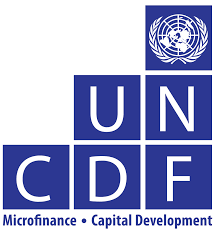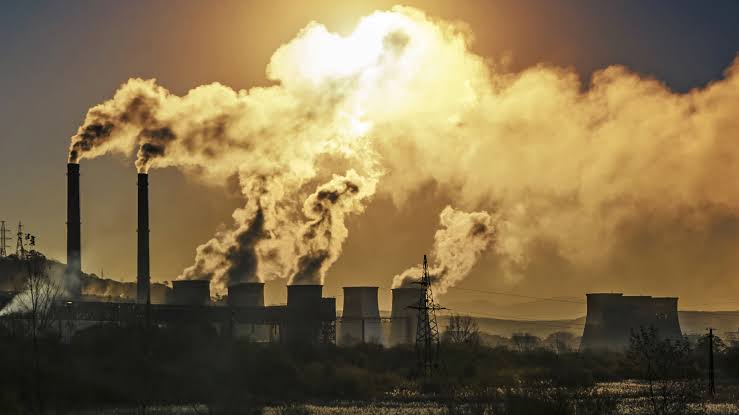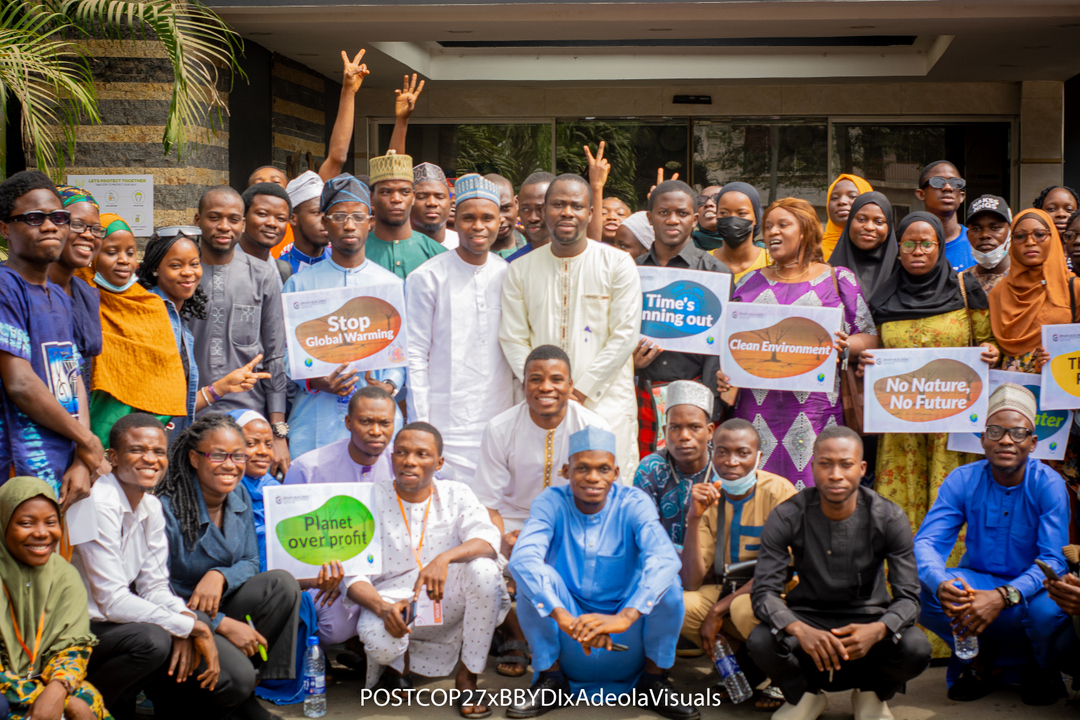By Dare Akogun
The launch today in New York of a 17-signature Ministerial Declaration calling for recognition of the Local Climate Responsive Living Fund as an existing Non-Commercial Approach under the Paris Agreement could, unlock significant additional climate finance for adaptation to the impacts of climate change.
In the statement, made by some of the world’s most vulnerable nations to the impacts of climate change, follows recent commitments by COP27 host Egypt to make the November climate conference an opportunity to focus on implementation rather than further negotiation of existing texts and agreements.
The document, presented at the event ‘Making Paris Work for People: Adaptation at Scale in Climate-Vulnerable Nations’, part of the New York Climate Week activities program and a side event to the UN General Assembly.
Signed by some 17 ministers from Local participating countries and brings together a series of joint commitments to increase climate finance total available.
The signatories represent countries facing some of the worst impacts of climate change but with limited resources to adapt.
Executive Director and Executive Director of the Environmental Protection Agency in Liberia Hon Prof. Wilson K.Tarpeh, said “the Local Climate Responsive Living Fund is a proven financial mechanism, a solution that is already being implemented”.
“Let us work together at COP27 for the adoption of LoCAL as an existing non-commercial approach to expand and boost access to climate finance, as set out in this Ministerial Declaration.
“With our joint cooperation, let us work together to ensure that the The Local Climate Adaptable Life Fund is included in the final document of the COP27 in Egypt and make sure this COP, the “Africa COP”, is a solutions COP,” added the Hon Prof. Wilson K.Tarpeh.
The LoCAL Fund is a mechanism to channel financing to local governments for locally directed adaptation to the impacts of climate change and designed by the United Nations Capital Development Fund about ten years ago; UNCDF Executive Secretary Preeti Sinha officially opened the event in New York.
Some 32 countries in Africa, Asia, the Caribbean and the Pacific are currently designing or implementing their adaptation actions with the LoCAL Fund, which has mobilized more than US$125 million for adaptation to date.
The Ministerial Declaration, which builds on intergovernmental discussions held at a meeting of the 9th Annual Board Meeting and the LoCAL Ministerial Meeting in May this year, also includes a UNCDF commitment to grow the LoCAL Facility through a US$500 million facility by 2027.
This ambitious goal replaces an earlier goal of doubling the size of the facility within the same time period after that goal appears to be met before the end of 2022.
LOCAL countries Cambodia, The Gambia and Côte d’Ivoire have made submissions to the United Nations Framework Convention on Climate Change (UNFCCC), formally requesting that LoCAL be recognized as an existing NMA and assist their country in achieving their Nationally Determined Contributions (NDCs).
Kenya, although not a LoCAL country, made a similar presentation, as did UNCDF in its capacity as a UN observer at UNFCCC meetings.
Those presentations were presented at the Bonn Climate Change Conference in June 2022.
Today‘s event adds momentum to the Bonn presentation with ministers and high-level participants from Cambodia, Jamaica, Liberia and Niger calling for recognition of the NMA to achieve greater adaptation financing for African nations.
Many speakers highlighted the fact that while their countries are feeling some of the most acute impacts of climate change, they, as pre-industrial nations, have contributed the least to the carbon emissions fueling the crisis.
Delivering the keynote address Minister without Portfolio in the Ministry of Economic Growth and Job Creation in Jamaica and LoCAL Ministerial Ambassador Honorable Matthew Samuda, said that in Jamaica that climate impacts at the local level.
“Our towns and cities, our coastal towns and communities and we fully support and are committed to any effort to build the capacities of our local governments so that they can better serve communities and perform the adaptation projects that their constituents need and ask for.
“As a new LoCAL Ambassador, I hope we can come together to drive action and secure LoCAL as an existing non-commercial approach following Article 6.8 and other desperately needed climate finance,” she said.
The LoCAL approach combines increased climate finance with capacity, construction, technical support, and opportunities for South-South learning and exchange LoCAL combines Performance-Based Climate Resilience Grants (PBCRGs), in the form of financial top-ups to local government budgets and resources to cover additional costs of climate change adaptation.
These grants ensure the programming and verification of climate change-related expenditures at the local level, while providing strong incentives to improve performance on improved resilience through technical support and capacity development
LoCAL pilots were first launched more than a decade ago in Bhutan and Cambodia, where LoCAL is currently located being implemented at the national level.
The LoCAL mechanism is delivering at scale: LoCAL has engaged more than 300 local governments and benefited more than 12.5 million people.
With the formal recognition of LoCAL as an existing NMA at COP27, the ministers hope that funding can be unlocked for the national deployment of LoCAL in the 32 countries involved in the mechanism; this would generate adaptation results for more than 600 million people on the front lines of climate change.
The COP Presidency has repeatedly called for action, not words; implementation, and not promises,” said the Honorable Ms. Garama Saratou Rabiou Inoussa, Minister for the Environment and Combating Desertification, speaking in a video message from Niamey, the capital of Niger:
“Niger supports the recognition of the LoCAL mechanism as a non-market approach under Article 6.8 of the Paris Agreement,”she added.
21 September 2022.





